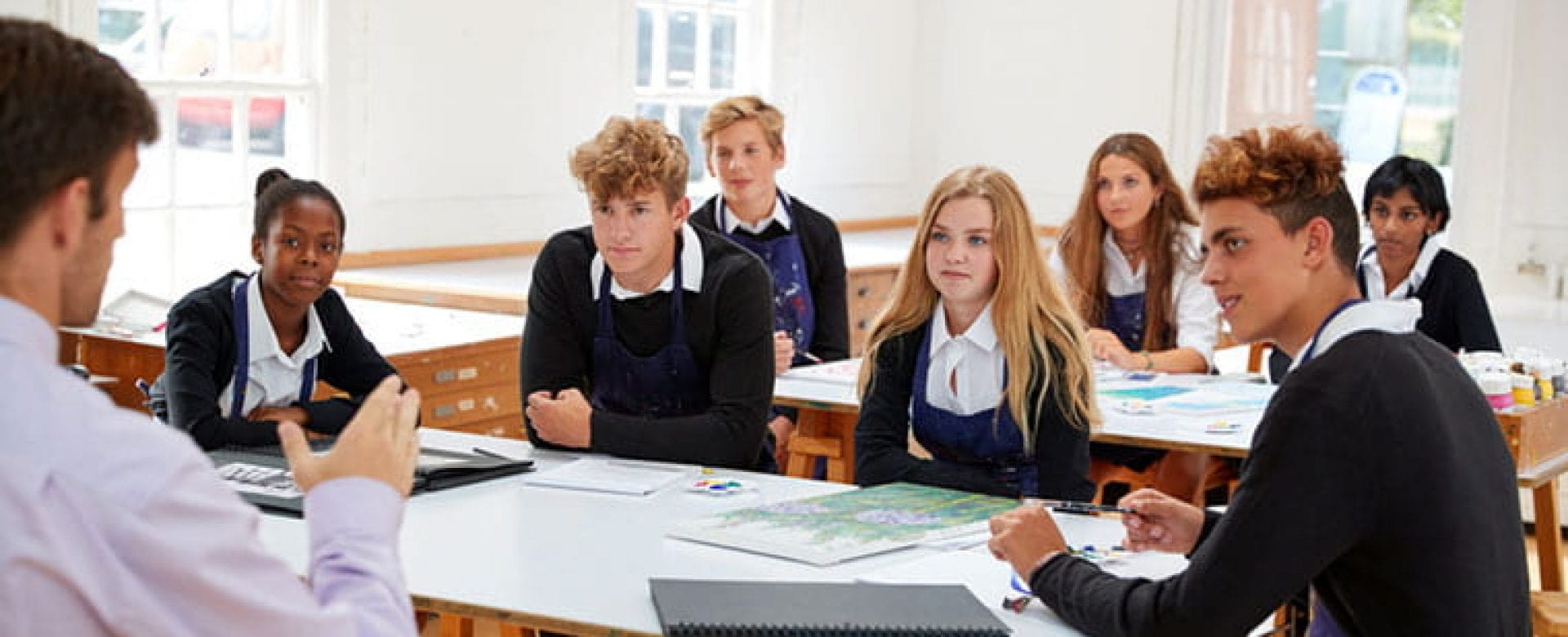
1: If you had the power to transform one thing about education overnight, what would it be?
Remove the power of the Secretary of State for Education and place control of the school system in the hands of all people involved in education, along with representatives from Government and industry.
2: Imagine you were 17/ 18 again and sitting your A levels or equivalent. By which of the following methods would you like your knowledge assessed and grades decided?
- A) Timed written examinations
- B) Coursework
- C) A practical demonstration
- D) A formal presentation followed by a q+a?
There is an assumption in these options that education is primarily about passing on knowledge. Suppose that, as I do, assume that education is also largely about developing the person as social and political individual who Is concerned for others. This would mean attention to -as opposed to grading – such attributes such as co-operation, collaboration and emotional literacy. These are developed in social situations – such as tacking and Investigation Based Enquiry (IBE) – through a range of methods.
This question does not raise the whole issue of assessment/evaluation/appraisal and when each is appropriate, nor the methods.
In general people are multifaceted and have a wide range of attributes each of which contribute to their development. You need a multifaceted range of measurement technique in each case, and sometimes there will be no grading.
3: In your view, what is the most significant development in education over the last hundred years?

The Education Reform Act of 1988 has been the most destructive piece of legislation and has been responsible for the degradation of much of education.
During the 70s and 80’s education in Britain was undergoing change as teachers and educational institutions were both flexible and in control. Some teachers were exploring developing skills such as problem solving and critical thinking. Additionally, there were moves within Social Education (cut out by Baker) to understand the cultural and political nature of society. There were Humanities courses being developed that looked at society in an integrated way. Media Studies were beginning to study representations of people in the media and unpicked political control.
This the Tories could not allow and the National Curriculum was introduced to control teachers in as many ways as possible. It laid the structures (Ofsted and league tables) to ensure that schools entered into competition and were much less likely to co-operate with each other. It ensured that right-wing values permeated education.
As the National Curriculum has gone on it is increasingly controlled over a very narrow range of should be included in an educational setting. The Act has to be entirely repealed somehow.
At least, due to teacher pressure, there has been a recognition of the importance of Early Years, and of Equality; the confronting of sexism, racism and sexual orientation.
4: If you were a contestant on Mastermind, what would be your specialist subject?
My memory is so bad on the sorts of questions asked I would do all I could to avoid it, like going ill!
5: What’s your favourite book, film or play set in/ around an educational setting?
To Sir with Love as an ‘educational film’. Then Kes which shows how education takes place outside the classroom, and Sex Education (Netflix) which uses drama to educate.
6: What, for you, is the definition of a ‘good education’?
Education should be a ‘subversive activity’ as judged by present Governments. It should enable to students to develop all aspects of their lives, social, emotional and logical; affective and cognitive. The process should centrally enable them to learn academically and vocationally, but also understand the pollical landscape, the methods of control to be accepted or fought, and an understanding that nearly all advancements in civil society have come, or originated with, the common people who have had to convinced Governments to change, not the other way round as at present presented.
Brian Matthews is chair of FEPG.

